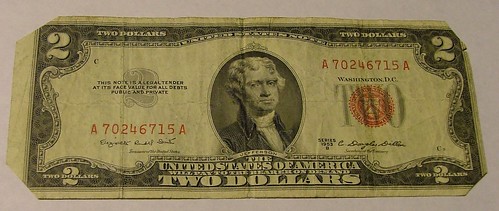Do some research to find out which assets you could lose by filing for personal bankruptcy. The Bankruptcy Code provides a list of all the different kinds of assets that you can exclude. You need to compare this list to the assets you own so that you are not surprised when certain assets are seized. If you are not aware of the rules, you could be setting yourself up for a lot of stress when your most important possessions are taken in the bankruptcy.
If you have filed for Chapter 13 bankruptcy, but realize that you are unable to meet your payment obligations, you may be able to convert to a Chapter 7 bankruptcy instead. To qualify for the conversion, you must never have converted your bankruptcy before and also undergo a financial evaluation. The laws surrounding this process are always changing, so be sure to talk with an attorney who can help you navigate this process.
Don't put off bankruptcy forever. You might be better off filing early rather than juggling your debt for years. If you aren't sure what to do, search for a nonprofit agency that helps consumers navigate bankruptcy. These experts can advise you about the best time to file and can share information about what to expect. Many of these agencies provide classes or workshops about managing credit as well.
Check into less drastic solutions prior to declaring bankruptcy. If your debt is relatively low, you may be able to manage it with credit counseling. You can also talk to creditors and ask them to lower payments, but be sure to get any debt agreements in writing.
Do some research to find out more about Chapter 13 and Chapter 7. Chapter 7 is the best option to erase your debts for good. Any debts that you owe to creditors will be wiped clean. Chapter 13 bankruptcy though will make you work out a payment plan that takes 60 months to work with until the debts go away. It is important that you understand the differences between the different types of bankruptcy, so that you can decide which option is best for you.
With all of the advice you gained today there should be no reason as to why you have to file for bankruptcy. You now have ideas about how to avoid and get around putting yourself in financial disaster. Use what you learned today. Plan out your future finances, in order to, avoid being put in this position again.

No comments:
Post a Comment